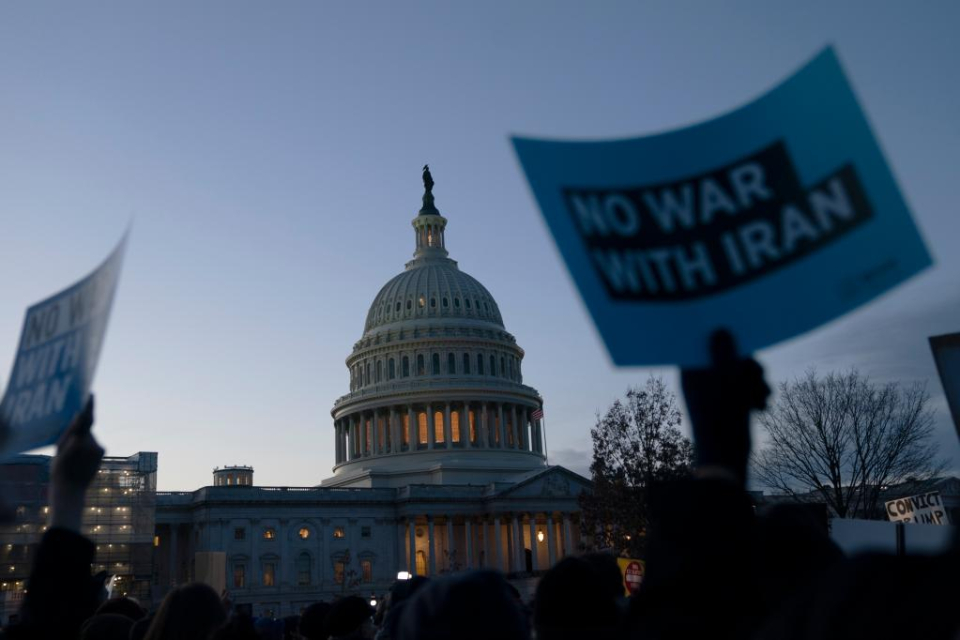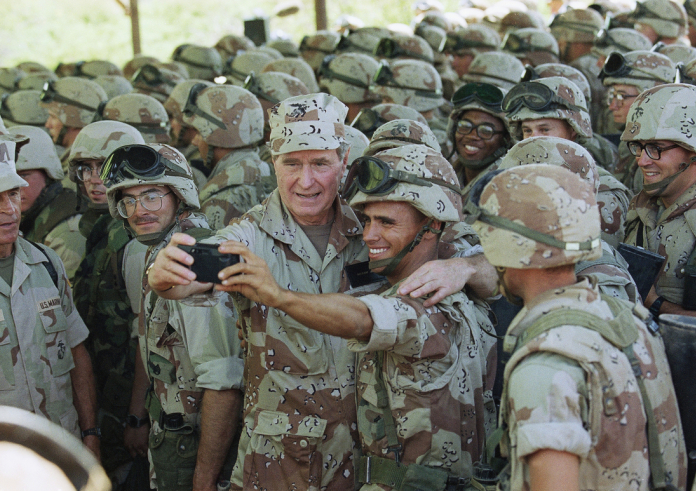By Zhang Kaiwei, Liang Jun
-U.S. sanctions directly target Iran's main source of income, oil sales and the banking sector, and ultimately local people's right to development and welfare, said Kazem Gharibabadi, the Iranian Judiciary chief's deputy for international affairs.
- Sanctions, secondary sanctions and different forms of over-compliance have a serious negative impact on the country's economy, leading to "serious violations of human rights and humanitarian challenges," said a UN human rights expert.
As if suffering from one of the rarest skin disorders ever known, epidermolysis bullosa (EB), is not already painful enough to make life a living hell for seven-year-old Mohammad Rezaei, the inhumane U.S. sanctions are also rubbing salt into the wounds.
EB is a rare genetic condition that causes fragile, blistering skin. EB patients are often referred to as "butterfly children" because their skin is as fragile as a butterfly's wings. The blisters may appear in response to a minor injury, even from heat, rubbing or scratching. The disorder is so painful that the patients tend to liken their skin's burning sensation to that experienced in third-degree burns.
What makes the story of the Iranian EB patients even more heart-rending is that a significant portion of them are children like Rezaei.
Rezaei said his skin "easily gets injured and the consequent wounds and infections are very painful."
Despite being just a child, he knows very well the reason why he was, at least for the time being, doomed to suffer such a degree of pain and inconvenience. Due to the U.S. sanctions, there has been a lack of necessary dressings for children like him.
A very useful dressing produced under the brand name of Mepilex by the Swedish company Molnlycke can, to a good extent, alleviate these patients' pain and suffering, making life easier for them. In fact, these patients' survival depends entirely on the timely use of the dressing. However, the U.S. sanctions have deprived EB patients in Iran of this temporary yet palpable relief.
It came as over a dozen EB patients in Iran have reportedly died of the disease in the absence of the much-needed medical supplies. Others suffered from severe physical injuries, including amputation.
Iran has been under U.S. sanctions for the past four decades. The sanctions intensified following the U.S. unilateral withdrawal from a 2015 nuclear deal in May 2018, formally known as the Joint Comprehensive Plan of Action (JCPOA).

People riding a motorbike pass an Iranian bank in Tehran, Iran, Jan. 28, 2021. (Photo by Ahmad Halabisaz/Xinhua)
Although the United States hypocritically claimed that humanitarian items, including medicine and foodstuffs, are not included in the sanctions list, its embargoes on Iran's oil exports and banking sector have, in practice, prevented the country from importing such goods.
With her little son bearing similar sufferings, Akram Ait urged those behind the sanctions and the consequent lack of access to Mepilex dressings in Iran to "put themselves for a second in our shoes."
"What would they do if their own children, relatives or acquaintances were suffering from the same disease?" she asked.
"Let's say there is no link of any kind between them and the patients, isn't a person worth (suffering) that much to get access to a simple Mepilex dressing that can be easily provided to him/her by them?" Ait added.
"They deny that person the right to have access to Mepilex dressings, which can to some extent help him/her live, although not very comfortably, a little bit more comfortably," she said.
Regarding the U.S. sanctions' negative impacts, Hamidreza Hashemi Golpayegani, an Iranian cleric and the founder of Iran's EB Home -- an NGO for children suffering from EB -- said, "Previously, we had easy access to the (Mepilex) dressings."
However, following the U.S. unilateral withdrawal from the JCPOA, "we felt the intensity of the sanctions on us to a greater extent," he said.
"When the Mepilex dressings are applied to the wounds, they allow EB patients to wear clothes and remove the dressings from their wounds without detaching the flesh and skin and with less pain," said Hashemi Golpayegani, whose own daughter has been suffering from EB for the past 21 years.
"The dressings also help EB patients feel less irritation and enable them to lie down on their back when resting or sleeping at night," he said, adding that the dressings are, in a way, a very basic requirement of EB patients.
Hashemi Golpayegani at EB House once wrote a letter to Molnlycke, but the drugmaker replied it would not be able to provide the dressings needed for EB patients in Iran because they are sanctioned by the United States.

A woman shops at an old bazaar in port city of Bandar Abbas, Iran, Nov. 28, 2019. (Photo by Ahmad Halabisaz/Xinhua)
Over the past years, Iranian officials have frequently decried the adverse impacts of the U.S. sanctions on the humanitarian issues in the country, in efforts to raise the international community's awareness in this regard.
Kazem Gharibabadi, the Iranian Judiciary chief's deputy for international affairs and secretary of the country's High Council for Human Rights, recently dismissed as "a big lie" the U.S. claims that humanitarian items are not included in the list of sanctions, saying such claims are not based on reality.
He noted that U.S. sanctions directly target Iran's main source of income, oil sales and the banking sector, and ultimately local people's right to development and welfare.
"This has seriously endangered Iranian patients' right to life and health," Gharibabadi said.
Tehran's cry has been echoed by UN human rights experts. After her visit to Iran in May 2022, Alena Douhan, UN special rapporteur on the negative impact of unilateral coercive measures on the enjoyment of human rights, concluded that sanctions, secondary sanctions and different forms of over-compliance have a serious negative impact on the country's economy, leading to "serious violations of human rights and humanitarian challenges."
"Of particular concern is the significant challenge faced in the procurement and delivery of life-saving medicines and medical equipment, produced by foreign companies and destined for the treatment of rare diseases," she said in her report to the United Nations (UN) Human Rights Council.
Douhan's report also challenged Washington's claim of so-called humanitarian exemptions.
The UN expert found that although the sanctions' documents announce that medicines and medical equipment are not affected due to humanitarian exemptions, their delivery to Iran is "severely undermined by the effects of sanctions on finance, trade, shipping and insurance companies, restrictions on international payments, and by foreign businesses' and suppliers' over-compliance."
"These constitute serious impediments to the enjoyment of the right to the highest attainable standard of health by all Iranians," she said.
Source: People Daily Online

















